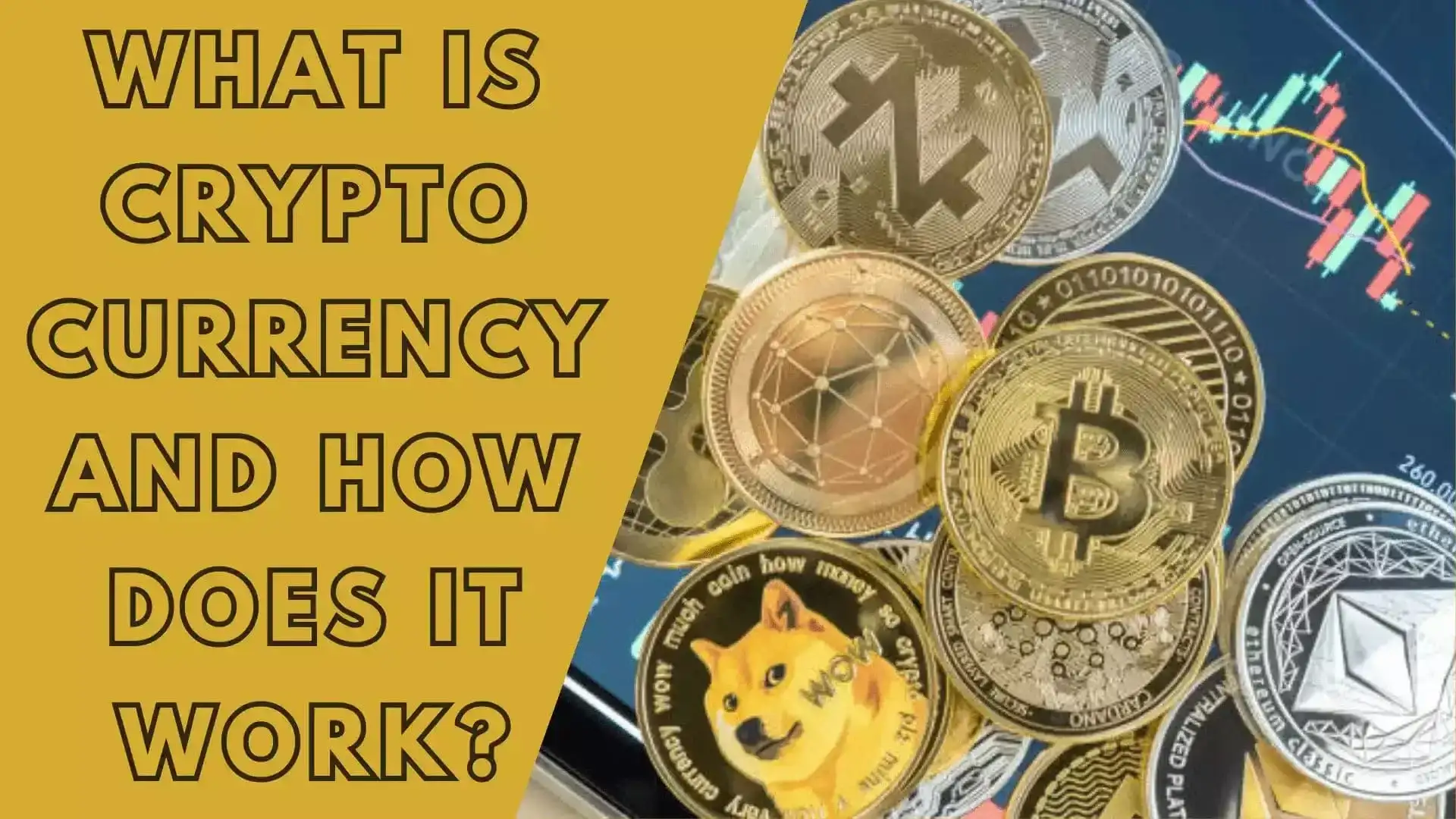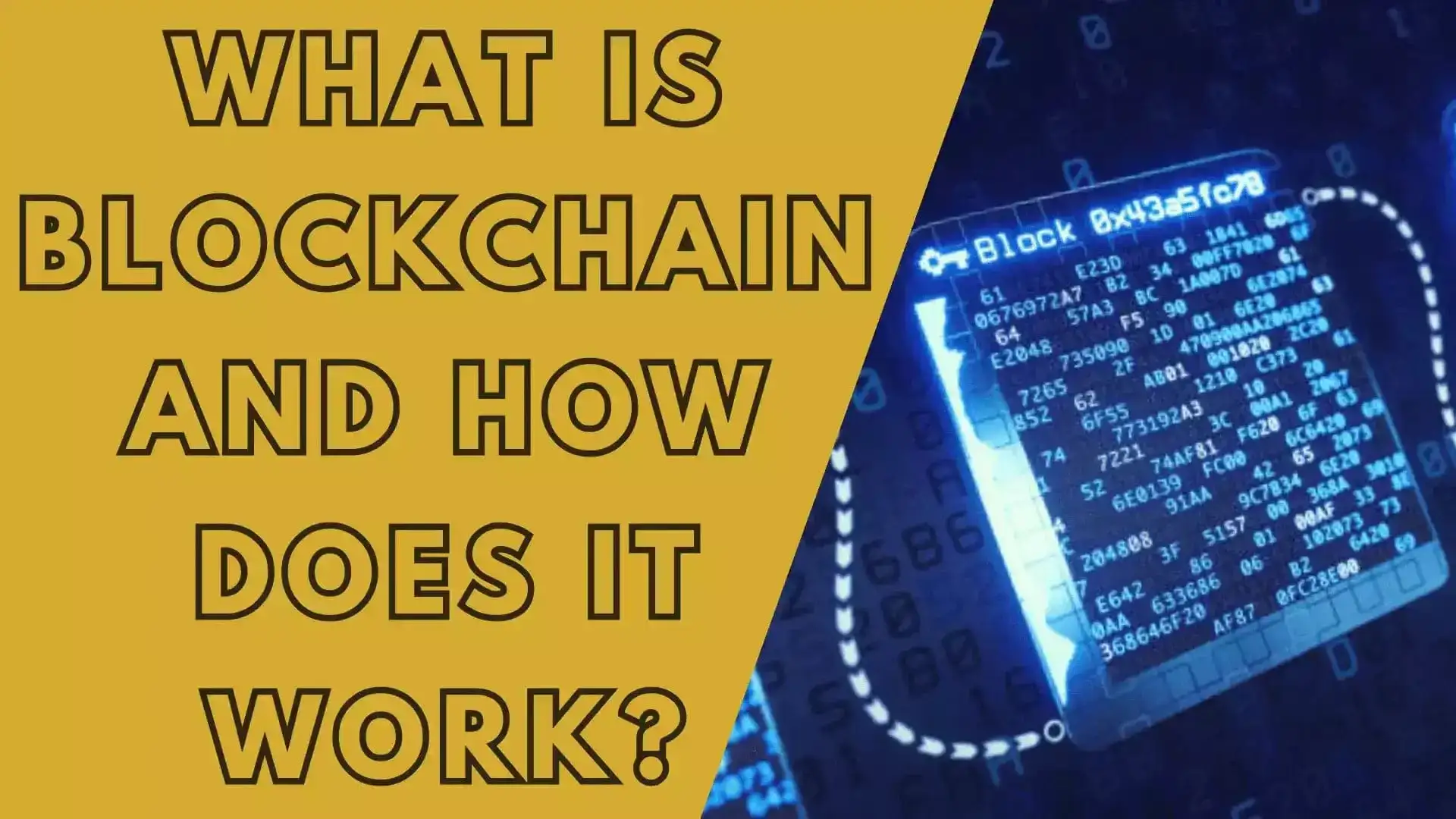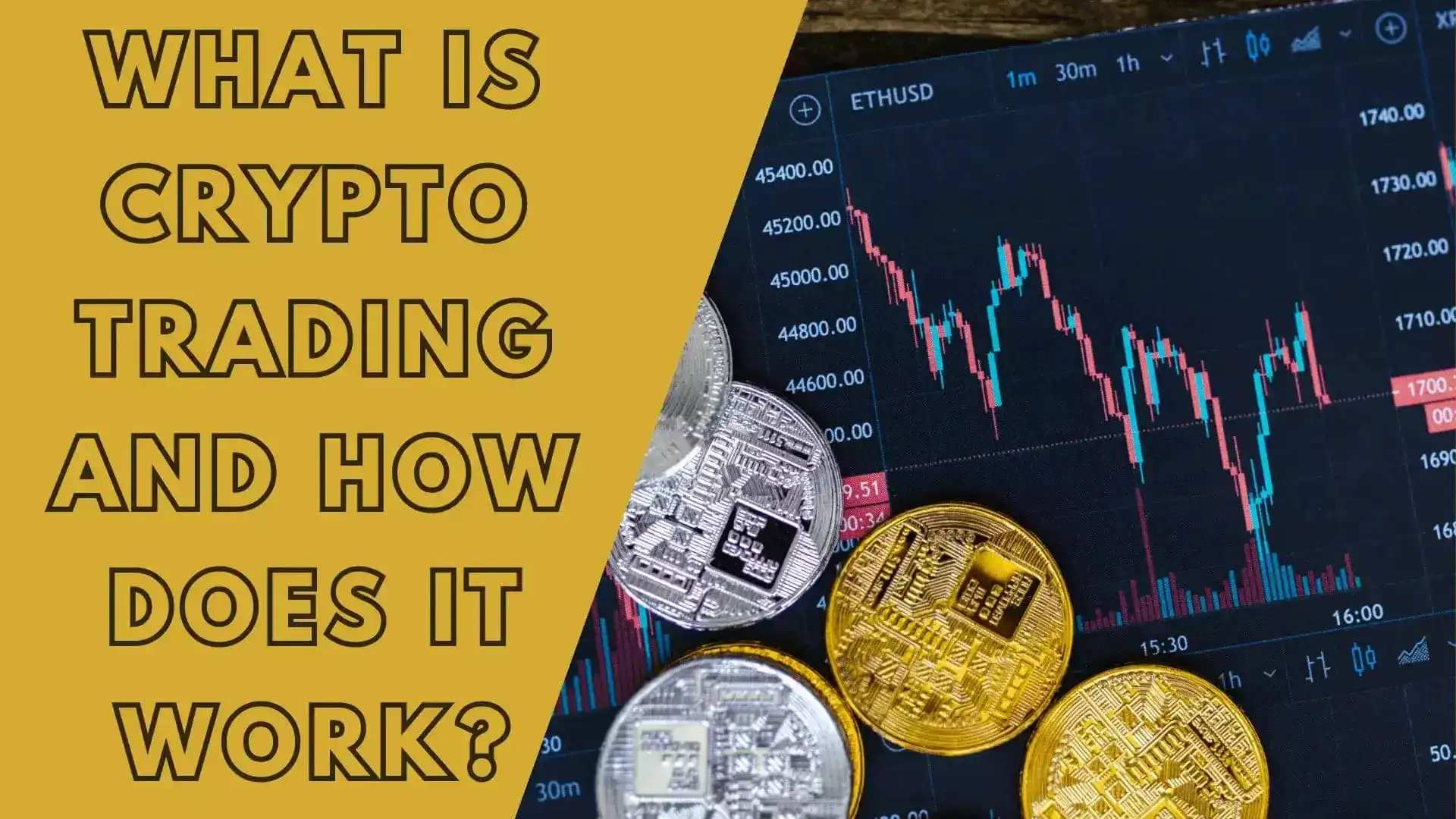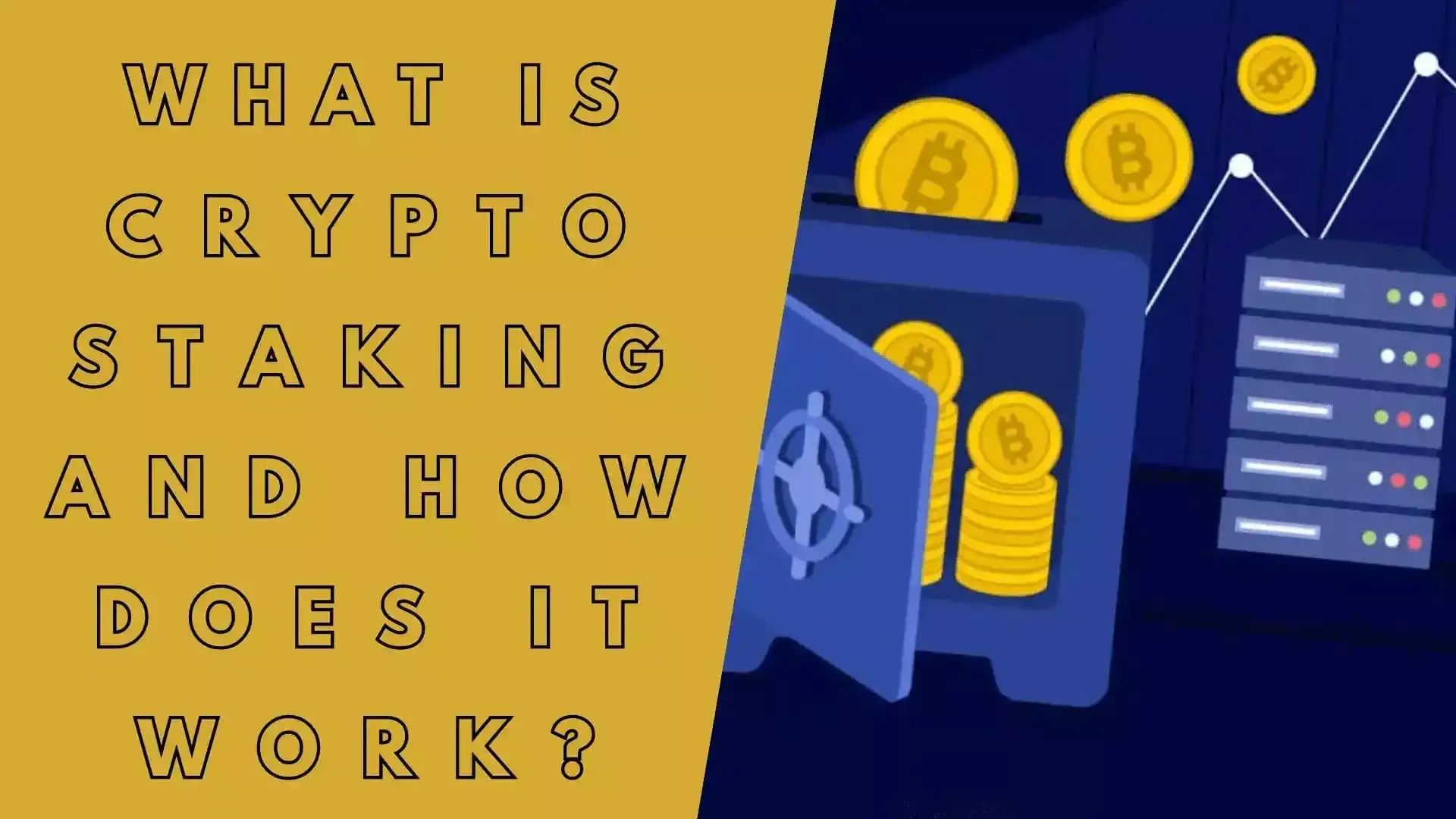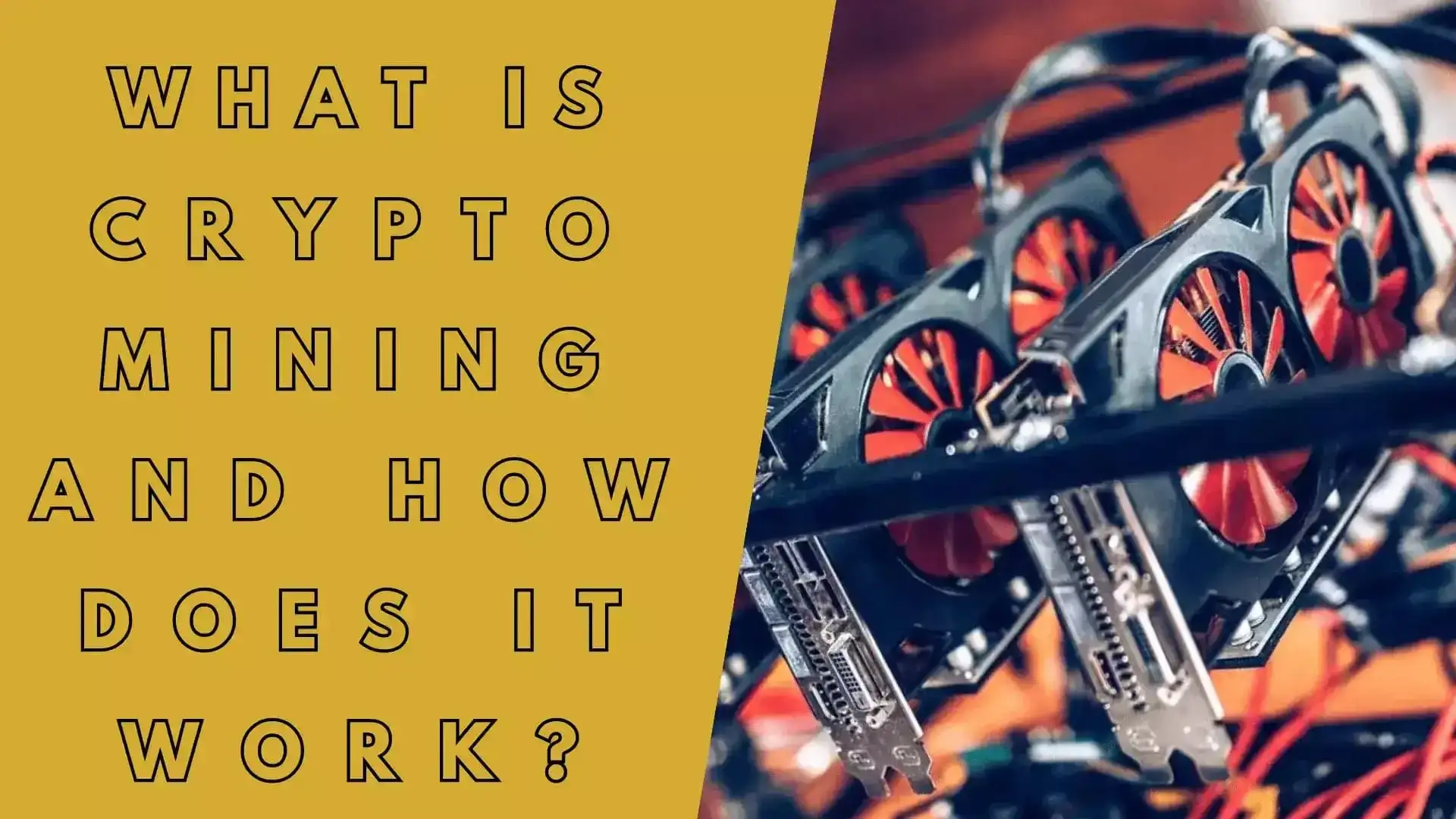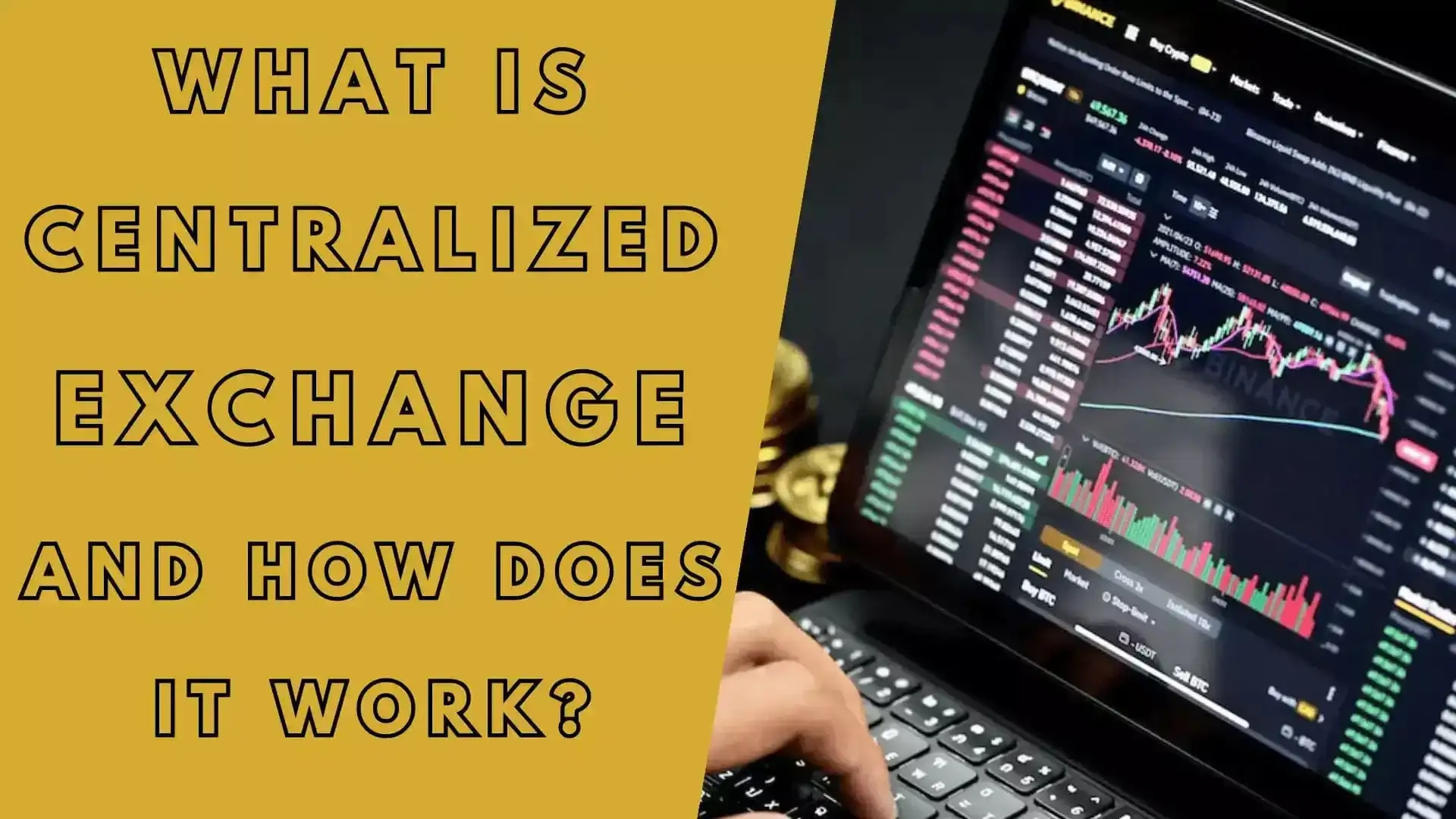What Is Altcoin And How Does It Work?
Altcoin is a term used to refer to any cryptocurrency other than Bitcoin. The name "altcoin" is derived from the combination of "alternative" and "coin." Since the introduction of Bitcoin in 2009, numerous alternative cryptocurrencies have been created, each with its own features, goals, and technologies. Altcoins are designed to offer different functionalities or improvements compared to Bitcoin.
Altcoins operate on various underlying technologies and consensus mechanisms. The most common consensus mechanisms used by altcoins are proof-of-work (PoW), proof-of-stake (PoS), and variations thereof. These mechanisms ensure the security and integrity of the blockchain network.
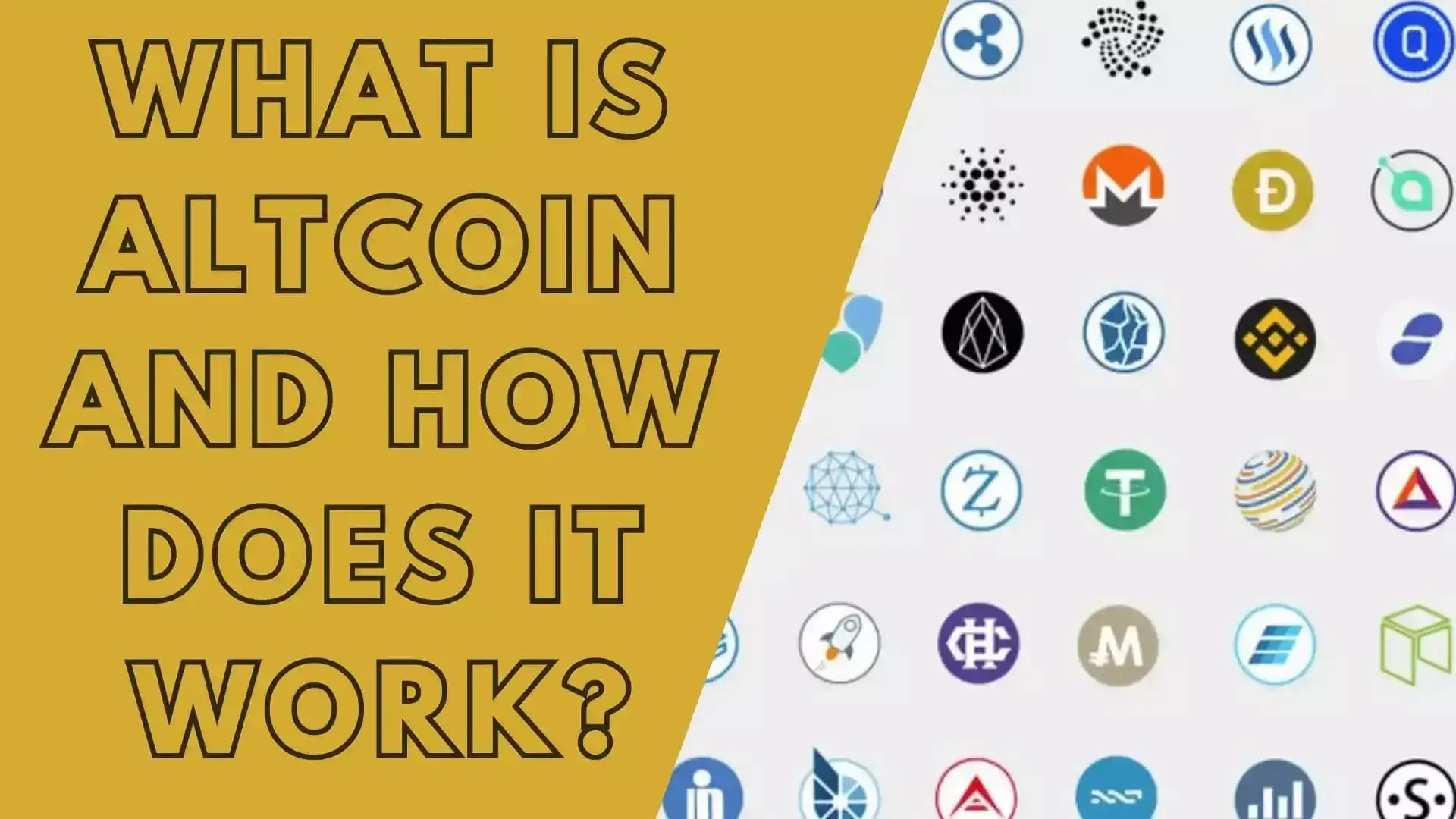
Posted on 20 June 2023
Altcoins can be categorized into different types based on their purpose or underlying technology. Here are a few examples:
- Privacy-focused altcoins: These cryptocurrencies prioritize user privacy by implementing advanced privacy features, such as confidential transactions or ring signatures. Examples include Monero (XMR) and Zcash (ZEC).
- Smart contract platforms: Altcoins like Ethereum (ETH) provide a decentralized platform for executing smart contracts. These contracts are self-executing agreements with predefined conditions, enabling developers to build decentralized applications (dapps) on top of the blockchain.
- Payment-focused altcoins: Some cryptocurrencies aim to provide fast, low-cost, and scalable payment solutions. Ripple (XRP) and Litecoin (LTC) are examples of altcoins that focus on improving the efficiency of transactions.
- Tokenization platforms: Altcoins like Binance Coin (BNB) and Chainlink (LINK) facilitate the creation and exchange of digital tokens on their respective platforms. These tokens can represent assets, rights, or ownership of a specific item or service.
Altcoins work by leveraging blockchain technology, which is a decentralized and distributed ledger system. Transactions made with altcoins are recorded on a blockchain, a public ledger that maintains a chronological record of all transactions. The blockchain ensures transparency, security, and immutability of the data stored within it.
When someone wants to send altcoins to another person, they initiate a transaction through a wallet application. The transaction is then broadcasted to the altcoin's network, where miners (in the case of PoW) or validators (in the case of PoS) validate and confirm the transaction. Once the transaction is verified, it is added to a block and permanently recorded on the blockchain.
Altcoins can be bought and sold on cryptocurrency exchanges, and their value is determined by market supply and demand. Similar to Bitcoin, altcoins can be stored in digital wallets, which can be software-based (desktop, mobile, or online) or hardware-based (physical devices designed specifically for storing cryptocurrencies securely).
It's important to note that altcoins come with their own set of risks and considerations. Before investing in or using any altcoin, it's essential to conduct thorough research, understand its technology, and be aware of the associated risks.
